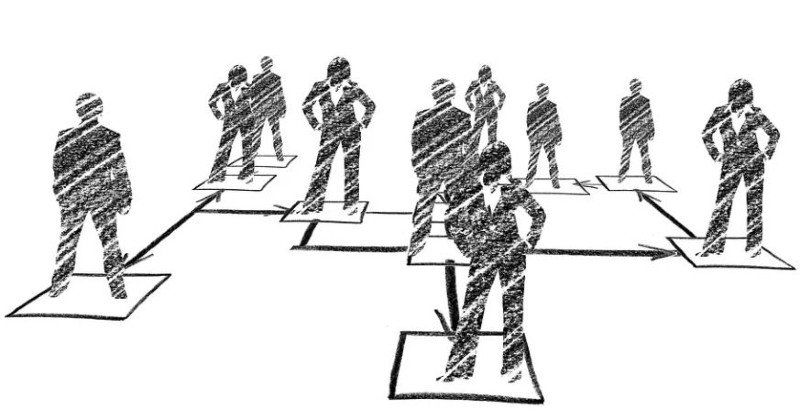Japanese Apologies: Meaning, Use and Language
People are not perfect, so there will be times when you will need to apologize when you make a mistake or fail in some way. However, when living in Japan, you may see people apologizing even when it is not their fault. When comparing to other countries that do not apologize unnecessarily, you may wonder why Japanese people apologize so often. It could be said that this is a unique Japanese way of communicating to show respect to others.
In this article, I would like to introduce the Japanese apology culture and the usage and meaning of words used in different situations to express apologies in Japanese.
Japanese Apology Culture
Japanese people often apologize even when it is not their fault, using phrases like "Sumimasen" or "Moushiwake gozaimasen".
The reason for this is that Japanese people place great importance on not breaking the trust with the other person, so even if it is not your fault, you should first apologize for offending the other person, and then explain the situation after the other person's emotions have subsided.
It is natural to apologize when you have clearly made a mistake, but in Japan, it is common to show respect to the other party by first offering an apology even if you are not at fault. For example, let us say you are asked to do a job by a client with a deadline that is clearly unreasonable and you refuse. In such a case, the way to reply would be as follows.
Japanese: ご要望にお応えすることができず、申し訳ございません。
Transliteration: Goyoubou ni okotaesurukoto ga dekizu, moushiwake gozaimasen.
English: I apologize for not being able to meet your request.
Even if you are refusing the job because you cannot meet the client's requested deadline, use the word "Moushiwake gozaimasen"(I am sorry) as an apology. You don't want to make the other person feel bad, and you don't want to miss out on future business opportunities.
How to express an apology
1. Sumimasen (I'm sorry/Thank you)
This is used when a colleague or manager at work has spent time or money on your behalf. The phrase "Sumimasen" expresses both apology and gratitude and is often heard in the workplace, so it is worth observing in what situations Japanese people use it.
Example: When someone copies materials for you at work.
"Sumimasen, arigatou gozaimasu"(Thank you.)
2. Shitsurei itashimashita (I apologize.)
This is used when you make a minor mistake to a manager or client at work.
Example: If you are a little late for a meeting with a client.
"Osokunatteshimai, shitsurei itashimashita" (I apologize for being late.)
3. Moushiwake gozaimasen (I sincerely apologize)
This is an honorific expression of "I am sorry" used in the workplace to address managers or clients. It is basically used for serious mistakes or failures. However, as explained in the beginning of this article, it can also be used in situations where you are not at fault.
Example: When you cannot meet a deadline for work.
"Gomeiwaku wo okakeshite, moushiwake gozaimasen" (I apologize for any inconvenience this may cause.)
There are many ways to apologize in Japan and they are used in different ways depending on the person or situation, so it may be difficult to use them perfectly. However, an apology is not only about the words, but also the feeling, which is just as important, if not more so. If you are sincere in your apology, the other person will surely understand.
In order to maintain good relations with the people around you in your life in Japan, you should gradually learn how to say and use apologies.










